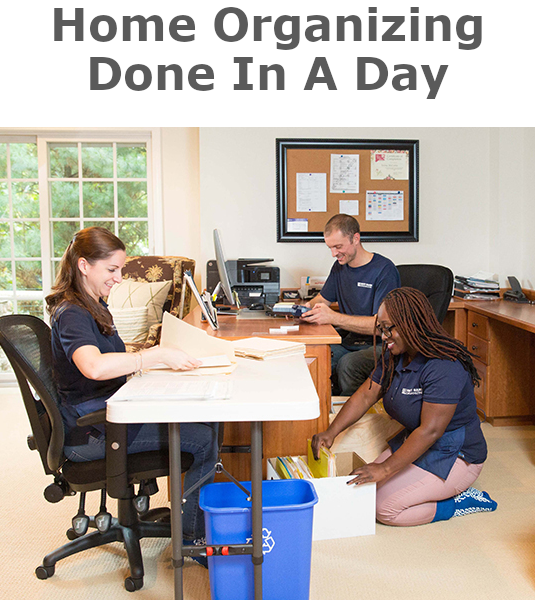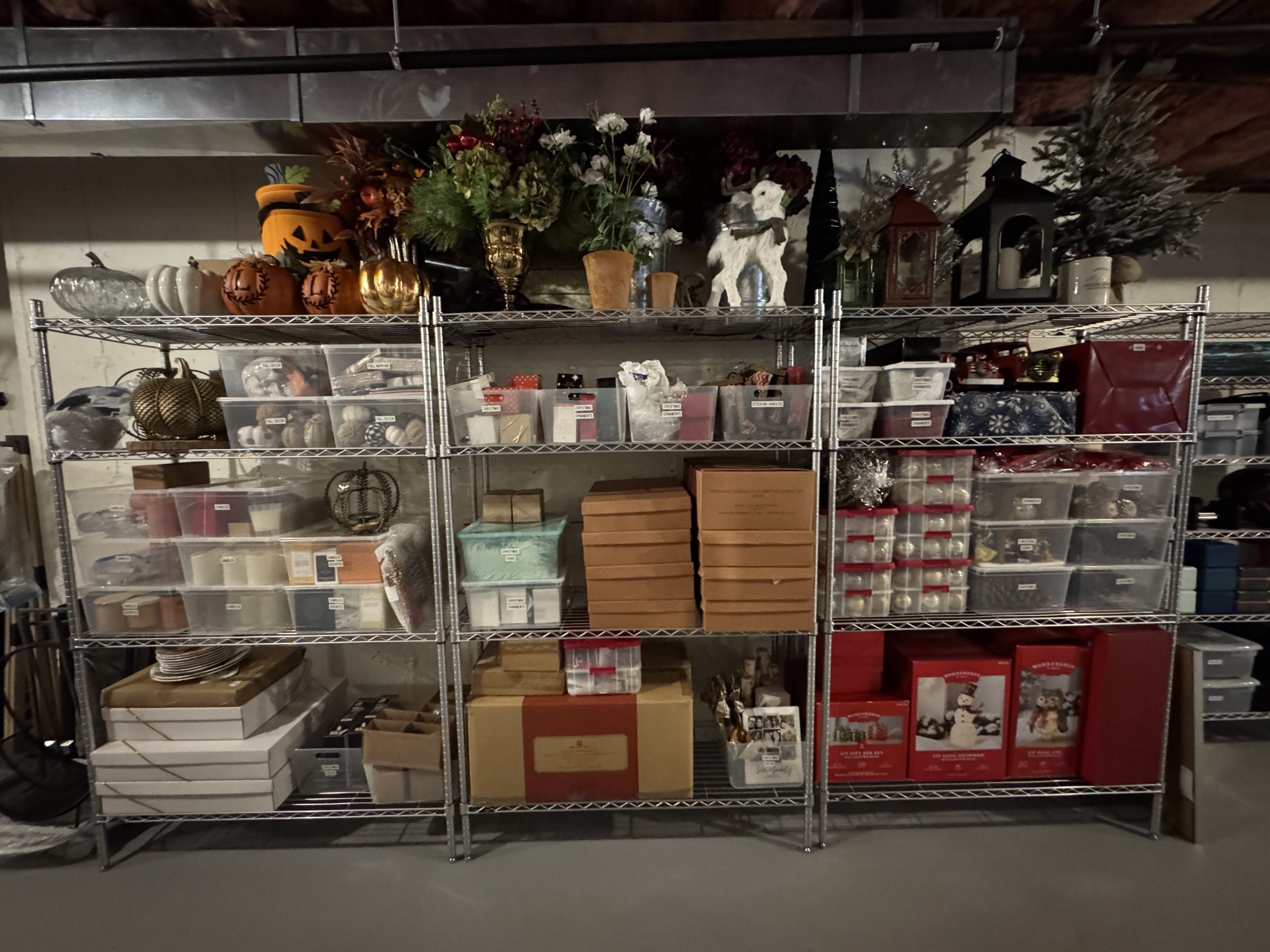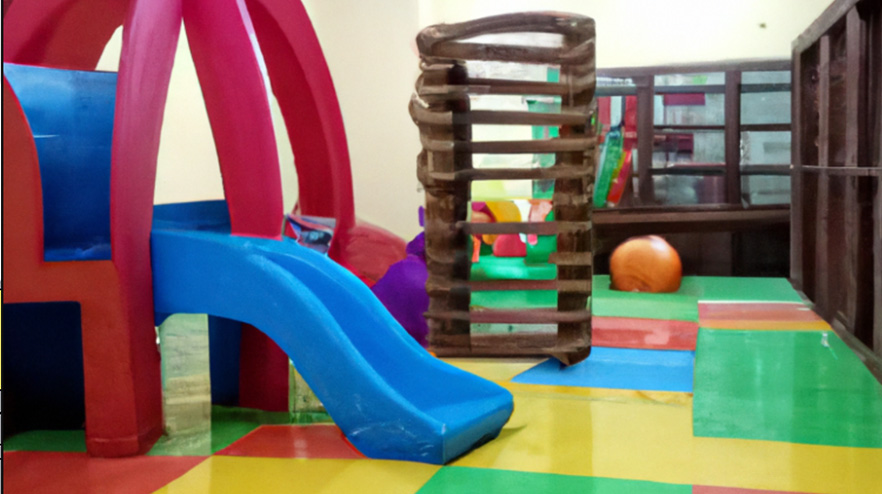Variations on this expression can be attributed to many sources throughout military history, dating as far back as Sun Tzu and The Art of War. It can also be applied to the war on clutter.
The idea is that if all your military efforts are focused on protecting what you have and on holding your position, you can actually make yourself MORE vulnerable than if you plan a careful strategy and attack.
Similarly, one of the approaches I find to be a consistent problem in the homes I organize is that the client sees the final goal as being able to hide all the clutter away and holding that position. That may be a good beginning, but it is ONLY the beginning.
If the approach is only to hide things away all the time, then there are storage problems just waiting to happen. I mentioned some of these problems in my last post. I also wrote that the answer was to organize with intention, but what exactly do I mean by that?
Organizing with intention is much like having a military strategy for attack, as opposed to simply a plan for defense. So what do these organizing strategies look like? Here are three:
1. A Strategy for Finding. You know you have won the war on clutter, when you can consistently FIND what you want when you want it.
2. A Strategy for Accessing. You know you have won the war on clutter, when you can easily access the items you need the most. This may require strategically storing lesser-used items more remotely.
3. A Strategy for Acting. You know you have won the war on clutter, when you are consistently getting your to-do’s to done. These items need to be out in the field of battle, not fortified.
Finally, the war on clutter requires you to be ruthless. You must draw the hidden clutter out of the trenches, so you can see if it is your friend or enemy and take no prisoners! Act quickly, for your clutter will not grant you the same consideration. This enemy is relentless and in it for the long haul.
Please Share With Your Community
Testimonials
What some of our clients are saying
Imagine An Organized Home
















